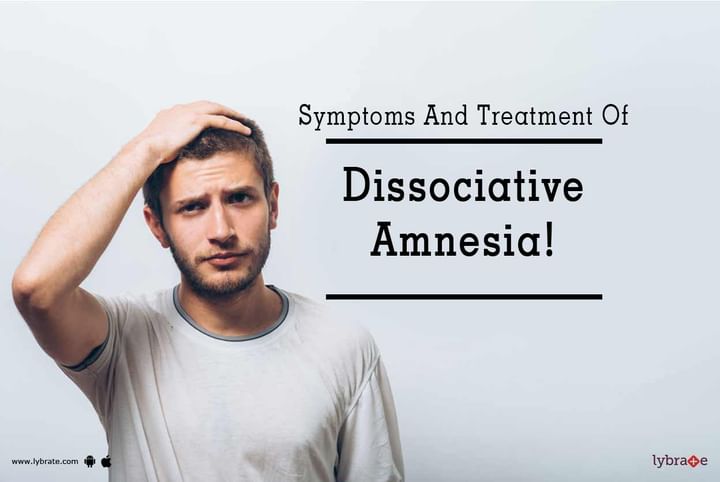Symptoms And Treatment Of Dissociative Amnesia!
It is a common belief that newer memories are retained and older memories are lost gradually over time. However, when someone tends to forget things in a particular pattern, it is important to take note of it.
Dissociative amnesia is a condition when a person cannot recall important personal information from a specific period of his/her life. This is usually associated with a bad memory, including war or abuse, and the person wants to “dissociate” himself/herself from that particular episode, and so tends to forget events from that phase of life. The impact could affect their awareness, identity, perception, and memory. There could be adverse effects on work life, social life, and even relationships.
Causes: It is usually seen in people who have had traumatic experiences, such as war, sexual abuse, natural disasters, severe road accidents, etc. Given the severe effect on the patients’ emotional well-being, this part of their life is dissociated and so events associated with that event are forgotten.
Symptoms: The affected person usually has sudden memory loss with inability to recall specific events from a certain period. On further probing, there could be associated symptoms like depression and/or anxiety. The amnesia could be localised, selective, or generalised.
- Localised amnesia: This is very closely linked to stress or trauma associated with a specific event in life, which has had an unpleasant effect on the person. For instance, the person cannot recall the year or month of a war or natural disaster. Memory loss around the period happens long after the actual event during routine conversations.
- Selective amnesia: The person forgets not the entire event, but only specific incidents related to the event. It is likely that the portion which was most impactful emotionally is forgotten.
- Generalised amnesia: Strangely, some people just forget the complete life history, including identity, location, close family and friends, routine activities, etc. The onset is sudden and can leave the immediate family members impacted badly. They may even not recollect or remember close family people.
Treatment: In addition to relieving symptoms (if any), the treatment is aimed at helping the person get rid of the memory by mourning it, process the pain, develop life skills, and improve relationships. There is no one-size-fits-all treatment, and the various components include the following:
- Encourage communication and help them understand problems
- Cognitive therapy to change feelings and behaviour and thinking patterns
- Medications like antidepressants and anti-anxiety drugs
- Family therapy where symptoms are taught, especially to identify an attack
- Creative therapy like art and music therapies to create happy memories
As a preventive measure, early intervention after a traumatic event or emotionally distressing experience (war, natural disaster, sexual abuse, etc.) can help prevent and manage symptoms of dissociative disorders.



+1.svg)
